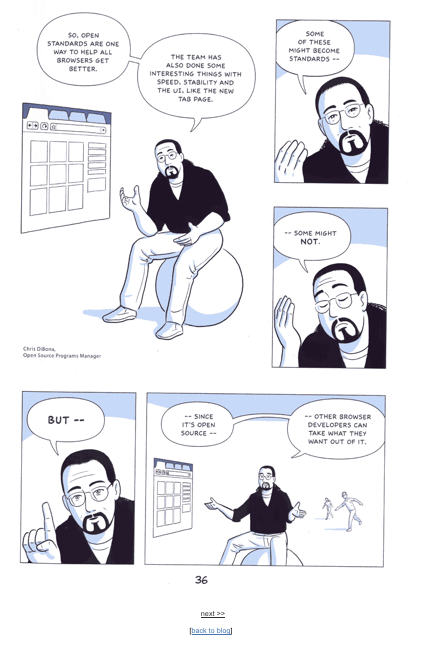Pontydysgu is pleased to be involved with a series of Open Learning Events this autumn. Here is a quick run down of some of them. And you are all invited to particpate.
Sound of the Bazaar Emerging Mondays – Live Internet radio
27th October 2008
‘What is digital identity?’
So what does digital identity mean to you? Do you care? As more of our lives, from personal to professional activities, find their way online how do we cope with managing our fractured and distributed digital presence. Can we ever keep ‘personal’ separate from ‘professional’ when tools and services mash-up our online identities in ways that are beyond our control? What does this mean for the development of new literacies and new services that seek to put our identities back within our grasp.With live interviews, music, strong opinion, poetry, our very own edupunk granny Leila and more. We will be broadcasting *LIVE* from 1800 – 1900 UK time, (check your local time here: http://tinyurl.com/4jk76t ).
To access the programme just click on this link or go to
http://icecast.commedia.org.uk:8000/emerge.mp3.m3u
This should open in your favourite MP3 player. There will also be a written chatroom running simultaneously in the background, which you can join through this link http://tinyurl.com/soundschat – no password needed – just type your name in the box)
How do I participate?
Have an opinion or want to comment? Then drop us a line by email to graham10 [at] mac [dot] com or come and join us live in the chatroom where we will be discussing the contents of the show.
EVOLVE Open Seminar Series
3 November 2008 at 1800 pm UK time, 1900 CET (Check your time zone here: http://tinyurl.com/4p4sk4 )
Guest Speaker: Dave Cormier
Topic and Presentation Blurb coming soon here http://www.evolvecommunity.org
Training the Trainers Online Conference
5 and 6 November 2008
Pontydysgu is happy to be supporting the first (as far as we know) on-line international conference on the training of trainers taking place on the 5 and 6 November 2008. The conference is for all those interested in the training and professional development of teachers and trainers. This includes teachers, trainers, tutors, researchers, managers and policy makers and other interested individuals.
The conference will take place through the internet using the Elluminate conference tool. We hope this will not only reduce the carbon footprint of our activities, but will allow wide participation by those who might not be able to travel.
The conference will be organised around four themes:
- Theme 1 – The changing role of trainers in learning
- Theme 2: E-learning for trainers
- Theme 3: Work-based learning
- Theme 4: Support for the professional development of trainers
You can find full details including a prelimary programme and details of speakers on the conference web page http://www.trainersineurope.org/conference . Attendance is free but we would ask you to register in advance http://tinyurl.com/3l7tts . You are also welcome to contribute to the conference on-line exhibition http://www.trainersineurope.org/conference/exhibition
Thought Fest 2008
12 and 13 December 2008
A totally unConference event !!!! in Manchester / University of Salford.
ThoughtFest 08 (Twemes: #TFest08) is a two-day event being organized by Pontydysgu with the support of the JISC Evolve network and the European Mature-IP project. The event will bring together researchers in Technology Enhanced Learning in an open forum to debate the current issues surrounding educational technologies and discuss how and where research impacts on practice and where practice drives research.
Full details on the Thought Fest and how you can get involved can be accessed here: http://tinyurl.com/4q7hcf
Deadline for submissions is 26th October 2008



 I am greatly intrigued by Martin Weller’s presentation on SocialLearn yesterday. One of the advantages of Elluminate is it allows you to watch a
I am greatly intrigued by Martin Weller’s presentation on SocialLearn yesterday. One of the advantages of Elluminate is it allows you to watch a 